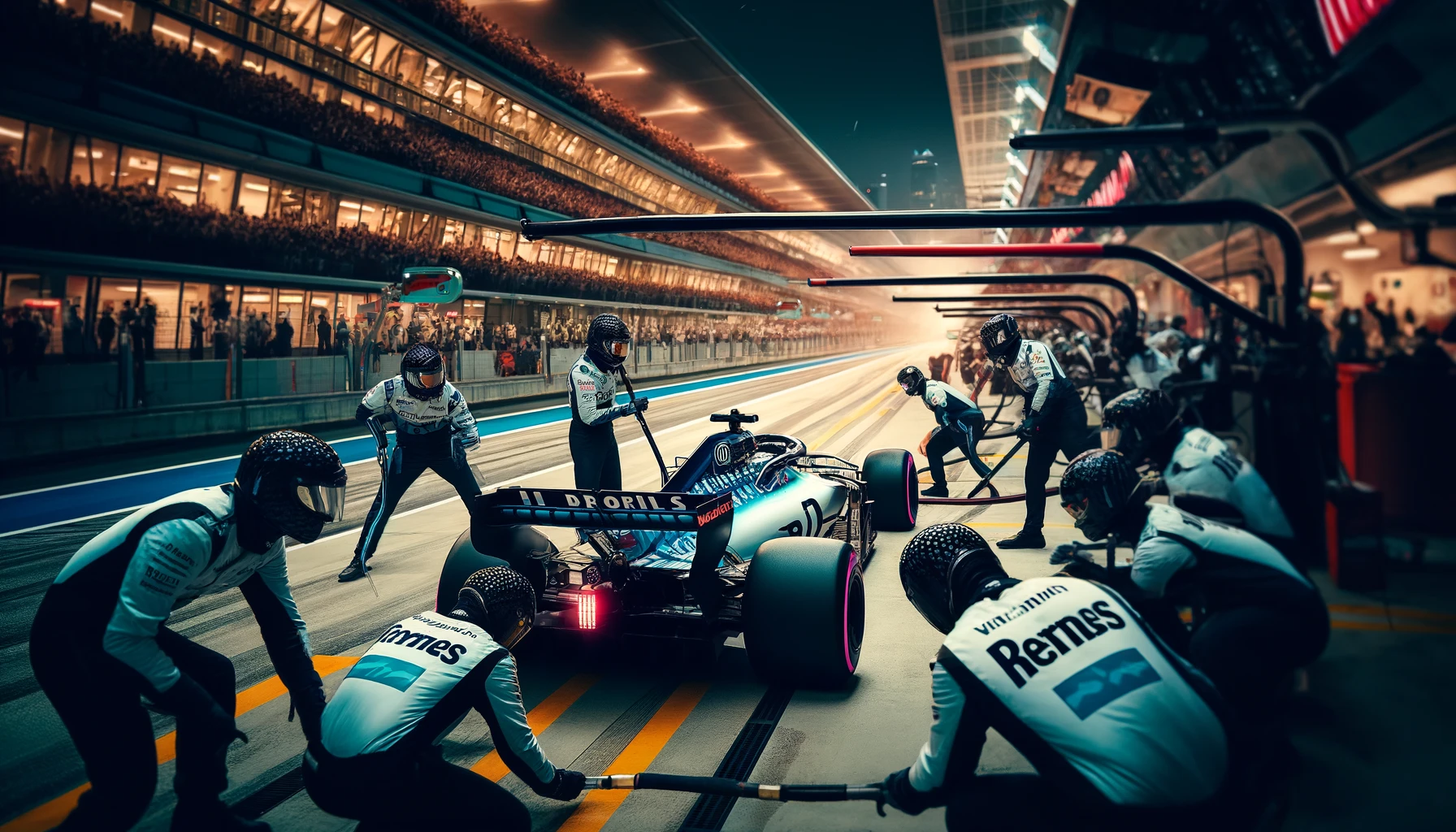Formula 1 isn’t just a motorsport; it’s a global marketing juggernaut. From branding to consumer engagement, each race is a powerhouse of opportunities for businesses. This article explores how the fast-paced world of Formula 1 races impacts global marketing strategies, creating value far beyond the race tracks.
A Platform for Brand Exposure
Global Audience Reach
Formula 1 enjoys a massive global following, with millions tuning in from every corner of the globe. This widespread audience provides an unparalleled platform for brand exposure. Major brands like Rolex, Red Bull, and Mercedes-Benz utilize F1 to maintain a global presence, aligning their products with the luxury, precision, and performance that F1 racing represents.
Strategic Sponsorships
Sponsorships in F1 go beyond logo placements on cars and drivers’ suits. Companies integrate their brands into the event experience, engaging fans both on and off the track. For example, Pirelli doesn’t just supply tires; it uses its F1 partnership to underline its commitment to cutting-edge technology and superior performance.
Leveraging Tech Innovations
Showcasing Advanced Technology
F1 is at the forefront of automotive technology, and businesses use this aspect to showcase their technological prowess. The development of hybrid engines and energy recovery systems, for instance, mirrors the automotive industry’s shift towards sustainability, allowing car manufacturers to market their road cars’ efficiency and eco-friendliness.

Data-Driven Marketing
The use of data analytics in F1 helps teams gain competitive edges during races, similar to how companies use consumer data to tailor marketing strategies. This parallel illustrates the power of data in achieving success, whether on the racetrack or in the marketplace.
Enhancing Brand Image and Identity
Association with Excellence
Being associated with F1—a synonym for excellence—helps brands enhance their image. Companies like Aston Martin and Alfa Romeo leverage their association with F1 to embody qualities like excellence, precision, and luxury in their consumer vehicles.
Emotional Engagement
F1 races are not just competitions; they are emotional narratives played out on a global stage. Brands associated with F1 tap into this emotional engagement, connecting with audiences at a deeper level. This connection is potent, as passionate fans are likely to develop brand loyalty that extends beyond the sport.
Creating Interactive Consumer Experiences
Fan Zones and Virtual Engagements
F1 races are events filled with excitement and engagement opportunities. From fan zones offering virtual reality racing experiences to apps providing real-time race data, F1 allows sponsors to create immersive experiences that captivate and engage a diverse audience.
Social Media Strategies
Formula 1’s use of social media to stream live events, behind-the-scenes footage, and exclusive interviews helps maintain fan engagement year-round. Brands associated with F1 capitalize on this by launching targeted social media campaigns that drive engagement and enhance customer loyalty.

Conclusion
The impact of Formula 1 on global marketing extends beyond simple advertisement placements and brand endorsements. It offers a dynamic platform for showcasing innovation, enhancing brand image, and engaging with consumers on a global scale. As F1 continues to innovate and captivate audiences worldwide, its influence on the business world grows, proving that in the business of speed, marketing moves just as fast.


